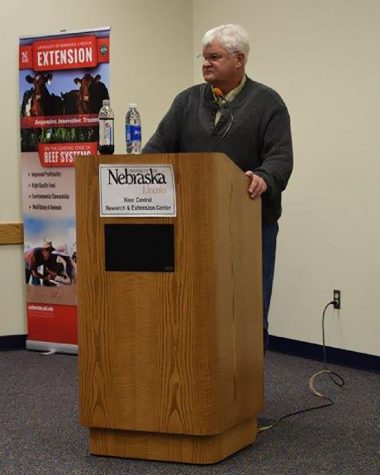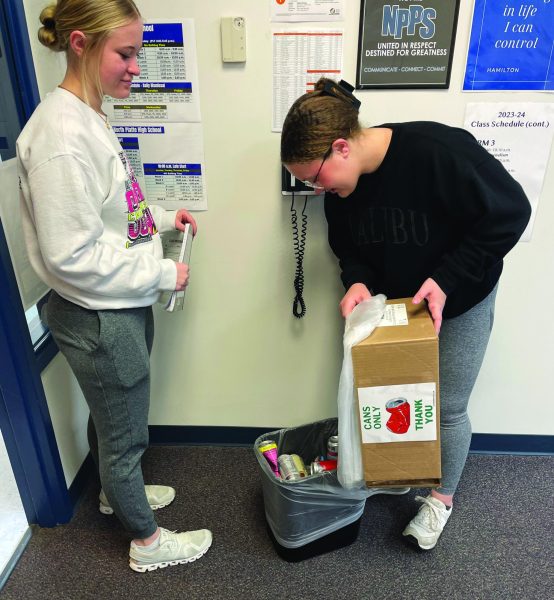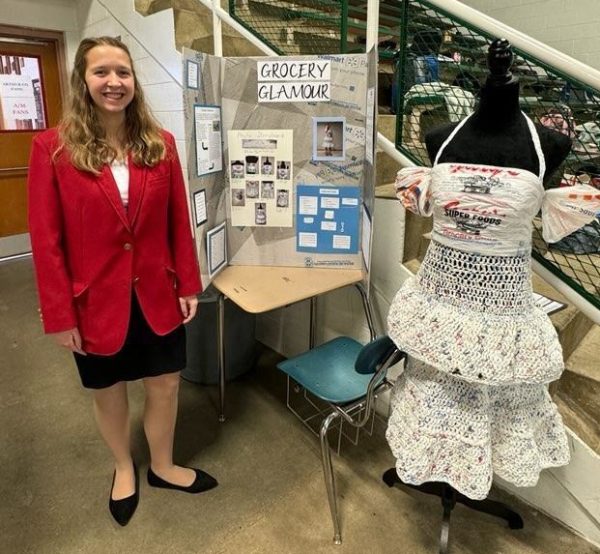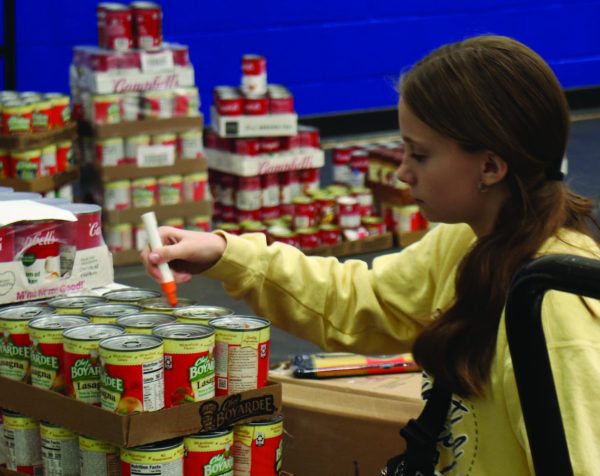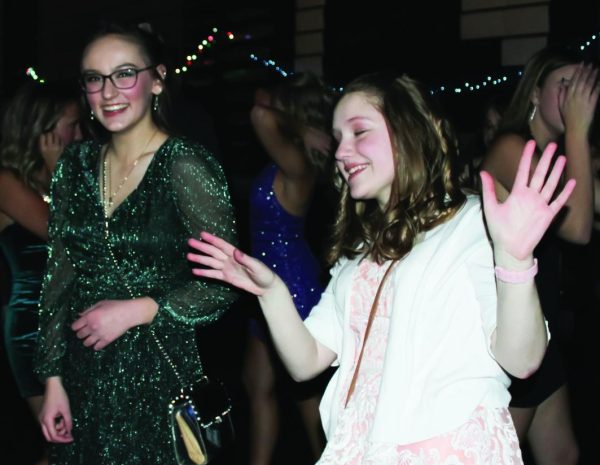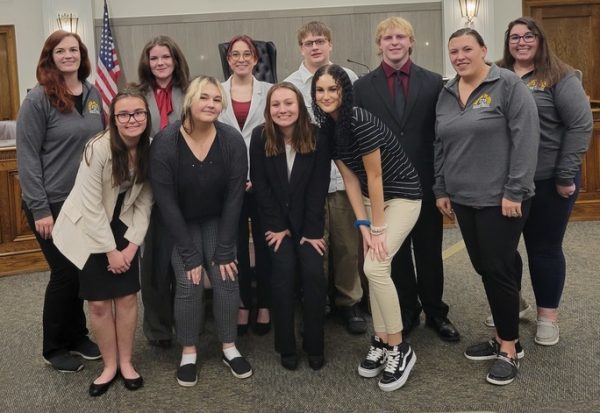Restraint complaints
What North Platte thinks about Legislative Bill 595
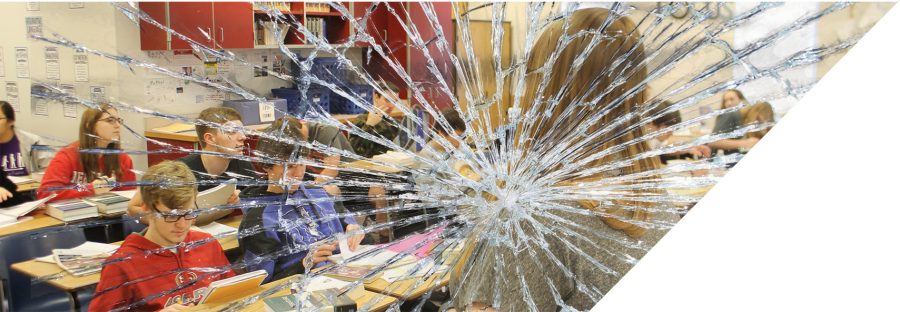
How would you feel coming to school each day knowing teachers had the power to physically restrain students if they believed it was necessary? Would you feel safer, or more threatened? North Platte’s State Senator Mike Groene introduced his legislative bill 595 on Jan. 18 regarding physical restraint in public schools. If approved, it would allow teachers to physically restrain and remove students from their classroom. According to the bill, his proposal would “provide for the use of physical force or physical restraint or removal from a class in response to student behavior.” It would also prevent unruly students from returning to the classroom without the teacher’s consent and blocks teachers from legal or disciplinary action.
“It’s not corporal punishment,” Groene said. He thinks any situation where a student harms themselves, others, or school property a teacher should be able to restrain him or her without losing their job or suffering legal repercussions. Afterwards, a meeting should be held with the student’s parents and principal, discussing certain guidelines to create a positive environment and behavior plan.
Jessica Hughes, parent of several students in the North Platte Public School District, says her biggest issue is with the language of the bill. “If you actually read it and the language it uses, it’s just too broad. It’s giving teachers a blanket immunity, to, in a sense, manhandle kids.” Hughes believes a more practical way to ensure safety in the classroom is to invest in more specific resources for teachers. “I don’t think there is [a lot of evidence] that [this bill] would work. When you go to school and someone acts out violently and then you try to overcome it with other kinds of violence, I don’t really see how that’s effective, and it’s not where I want my kids to go to school,” she said.
North Platte High students have mixed emotions about LB595. Junior Austin Geiger thinks that the bill is a good idea. “If [students] are really causing that big of a deal, then it’s smart to be able to take them out by forcefully doing it,” Geiger said. Other students believe there are only certain situations where restraint should be used. “I would say if a kid is being violent or threatening violence,” said junior Cade Rasmussen. “If the kid’s not doing any physical damage,” junior Phebe Pavelka said, “a teacher shouldn’t be able to physically remove them.”
Several North Platte community members believe more clarification is necessary before the bill should be passed. “I think it’s good, but I think there needs to be strict rules on when it’s appropriate.” said sophomore Jaylee Shaner. Math teacher Sasha Welch believes that there should be more explanation about what a disorderly student may look like. “Maybe I get annoyed when a kid is tapping his pencil. Should I be able to physically remove him from my classroom because I think he’s being unruly?” Welch said. “That’s part of the law by the way I read it.”
The North Platte teachers union wants the bill to be amended from its current state. North Platte Education Association President Christie Copper said, “There’s parts of the bill that are good, and parts of the bill I question.” Copper isn’t in favor of the portion that would allow teachers to keep students out of the classroom. “We are a public school, and children do have a right to free education,“ Copper said. “That’s where I would question that part of the bill.” Copper said on behalf of the NPEA that they support sections of the bill, but have questions also. “We are all pretty much in support, but we want some of that clarification to make sure that the students are protected, as well as, teachers,” Copper said.

Many North Platte school principals feel that the minuscule amount of students who have problems, do not amount to the severe nature of the bill. According to principal James Ayres, 95 percent of North Platte High School students have one or less referrals. He said it is very rare to have to restrain a student. “If there is an unruly kid, then they should let the administration take care of it,” Ayres said. Assistant principal Scott Siegel thinks most issues in school can be resolved with words. Principal of Madison Middle School, Danny McMurtry believes that it is important to deal with bad behavior despite how unfortunate it is. “I think what’s good [about this bill] is that there is acknowledgment of behavior in the classroom. It is a major issue that we deal with, and it’s good to see that there is a focus on that,” said McMurtry. “With that said, we are talking about a small minority of students that this applies to.”
Some NPHS teachers do not feel confident that they are strong enough to protect themselves against some students. Because of this uncertainty, choir teacher Leah Purdy typically lets the administration take care of the physical restraint. This year, Purdy has came close to having to intervene.“I didn’t know someone was coming at me,” she said. “Had I been facing the other way, had [School Resource] Officer [Jay] Johnson not been there, I may not have felt as though I had another choice [besides physical restraint].” Purdy sa id she’s thankful she didn’t have to make that choice.
id she’s thankful she didn’t have to make that choice.
Welch believes that uncontrollable situations typically escalate. “To me, it is unimaginable that I would ever need to use physical force in my classroom,” Welch said. “If I were, hopefully at that point, I would have an army of administration and school resources officers and people in the room that could handle it, so that I wouldn’t have to.” Johnson works throughout the entire North Platte school district and he doesn’t think that the bill is necessary. “We already have policies, procedures and guidelines that concern [Groene’s] intentions,” Johnson said.
Legislative bill 595 is currently in committee. If it advances to the floor, it would still need to be voted on by the entire legislature before becoming a Nebraska law. Regardless of the bill, North Platte Public Schools staff members will receive additional behavior training in Positive Behavior Intervention Systems (PBIS) next year. PBIS is a set of basic discipline guidelines using positive reinforcement for a uniform system of discipline.
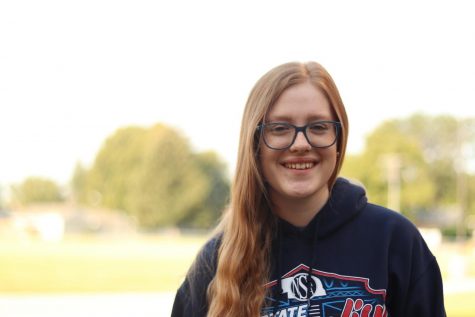
Haley McKain 2018
Co-Editor in Chief
A little bit about me
I cry all the time. Not always in a bad way or anything, but when I’m mad, sad, and especially...

Bryce Lee (‘18)
Co-Editor in chief
What's up North Platte High. It's your co-editor in chief Bryce Lee. You have probably heard me yelling during the...
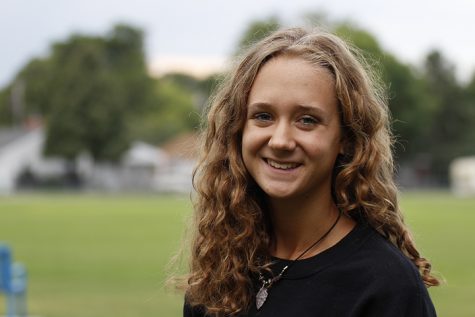
North Platte High School - Class of 2017
Being part of the school newspaper staff has taught me the importance of communication and teamwork to achieve...
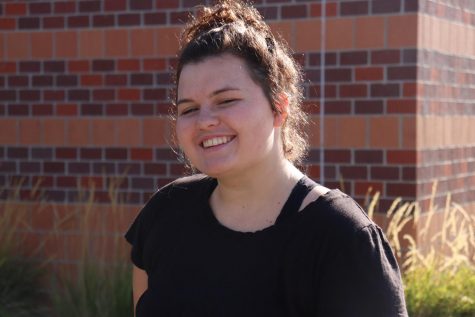
Josie Koubek ('18)
Social Media Editor
I'm a serious student who loves to get laughs. I've been on the Bulldogger for two years.
Favorite memory:
When...


